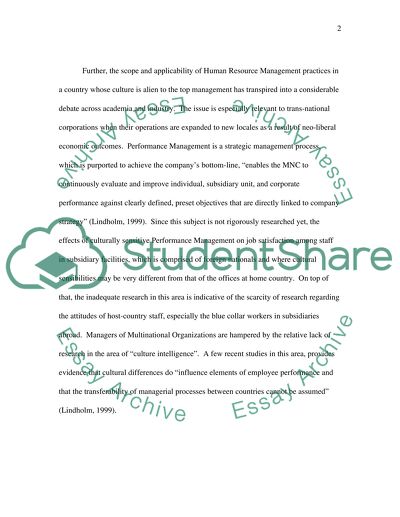Cite this document
(“Cross culture Essay Example | Topics and Well Written Essays - 2500 words - 1”, n.d.)
Cross culture Essay Example | Topics and Well Written Essays - 2500 words - 1. Retrieved from https://studentshare.org/miscellaneous/1548287-cross-culture
Cross culture Essay Example | Topics and Well Written Essays - 2500 words - 1. Retrieved from https://studentshare.org/miscellaneous/1548287-cross-culture
(Cross Culture Essay Example | Topics and Well Written Essays - 2500 Words - 1)
Cross Culture Essay Example | Topics and Well Written Essays - 2500 Words - 1. https://studentshare.org/miscellaneous/1548287-cross-culture.
Cross Culture Essay Example | Topics and Well Written Essays - 2500 Words - 1. https://studentshare.org/miscellaneous/1548287-cross-culture.
“Cross Culture Essay Example | Topics and Well Written Essays - 2500 Words - 1”, n.d. https://studentshare.org/miscellaneous/1548287-cross-culture.


